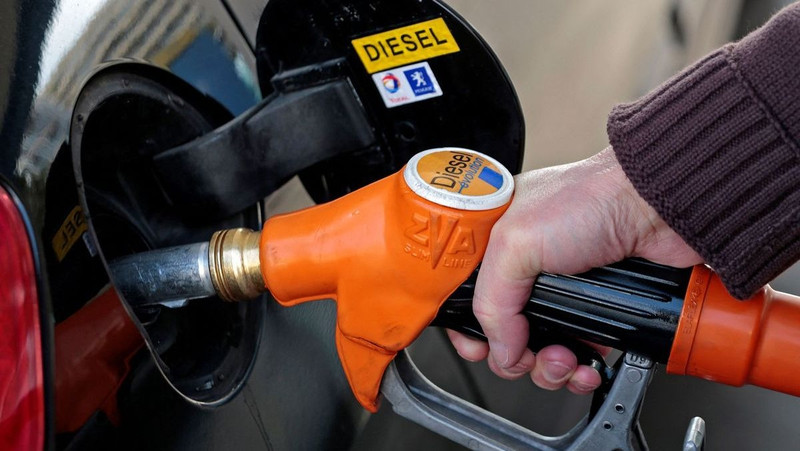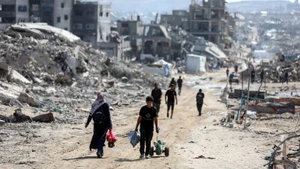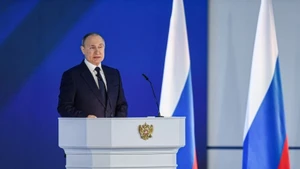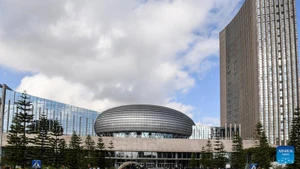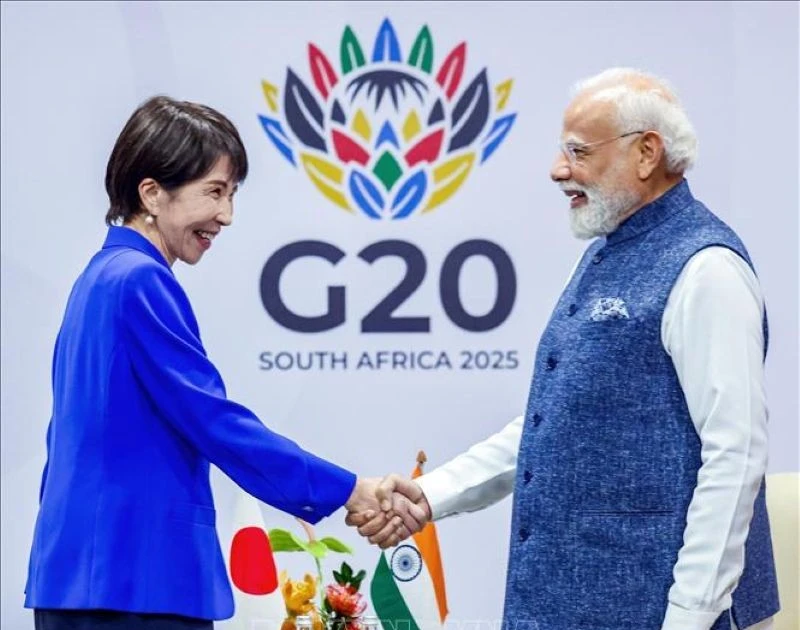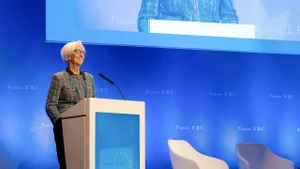Many developed economies have also cut their growth targets due to soaring prices and rising inflation, which are holding back recovery.
High inflation in many countries means the trend of monetary tightening is taking place faster and stronger than expected. It is forecast to cause serious consequences to Latin America, the Caribbean, a number of countries in the Middle East, and many in Africa.
In January, the IMF already lowered its economic forecasts for the US, China and the global economy, citing risks linked to the COVID-19 pandemic, rising inflation, supply disruptions, and US monetary tightening.
At the time, it projected global economic growth would reach 4.4% this year, a decline of 0.5 percentage point. However, new developments concerning the geo-political situation in Eastern Europe are causing the IMF to reconsider its growth forecast.
Analysts have warned that the market could face a price shock when many countries impose sanctions on Russia - a major oil and gas producer in the world. Unprecedented sanctions against Russia have caused the Russian economy to see an abrupt contraction and the country will face a deep recession this year.
Consumer prices in the US climbed to a record high in February as the world’s largest economy is facing high inflation, which is forecast to continue for a long time. The US consumer price index (CPI) in February rose 7.9% compared to the same month last year.
The US Department of Labor said it was the largest increase since January 1982 due to oil, food and home prices all rising. For the first time since the onset of the pandemic, the US Federal Reserve has decided to raise interest rates to curb soaring prices, a factor that hampers economic recovery.
The European Central Bank (ECB) has lowered its growth forecast for the Eurozone in 2022 from 4.2% to 3.7%. The ECB also predicted that the region’s economic growth would be just 2.8% in 2023, lower than the previous estimate of 2.9%.
In addition, the ECB raised its inflation forecast for 2022 from 3.2% to 5.1% amid the skyrocketing energy prices. Noting that the Russia-Ukraine conflict is affecting the European economy, the ECB has reaffirmed its commitment to do everything necessary to stabilise the economy.
In the meantime, economists at Credit Suisse are not very optimistic about the Eurozone’s economic prospects, with GDP growth forecast at only 1% for 2022 amid the soaring prices and supply chain disruptions. UK economists also warned that rising prices will worsen the decline in household incomes and cause the UK’s economic growth to slow down.
According to Goldman Sachs, UK inflation is predicted to exceed 9% and rising prices will make disposable incomes of households suffer the steepest decline in the past 30 years.
Economists were expecting that consumer spending would be the main driver of growth this year when many countries begin to reopen after the pandemic. But the new developments concerning tensions between Russia and the West have pushed prices higher, caused disruptions to supply chains, resulting in higher inflation and causing risks to growth as all major economies are facing immense pressure from higher oil and gas prices.
